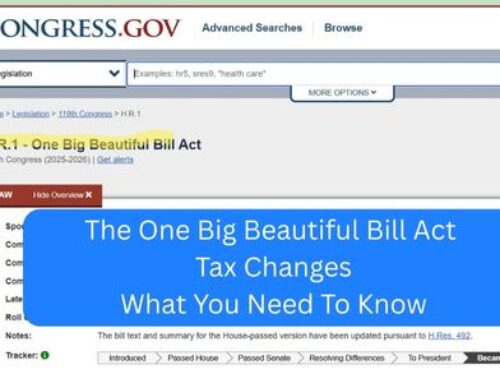Avoid The Post-Military Retirement Tax Shock
Your military retirement transition introduces big changes across many fronts. Many of the decisions you will make during this period can have a long-term financial impact. While not a decision, per se, changes in taxes after retirement can be significant and usually not in a good way. Military retirement can result in the addition of state taxes, loss of tax-free benefits, and increased taxes from the addition of other income from a new job.
Changes
One of the big benefits of the military is the tax-free nature of some pay including basic allowance for housing and subsistence. And while those pay streams end at retirement, you will begin receiving retirement pay which is Federally taxable. While more states (list at this link) have been exempting some or all military retirement benefits in recent years, there are still numerous states that will tax your retirement pay.
Additionally, most military retirees find post-retirement employment often above the amount they were making in the military. When you add this together as well as potential spouse income, you may see a large jump in your income and hence your income taxes.
Avoiding The Large Tax Shock
Unfortunately, many new retirees are shocked when they do their taxes that first year after retirement and realize they have a large bill. This occurs when you haven’t withheld enough from your income. While both DFAS and the new employer will withhold taxes, they withhold based on the progressive rates in our tax system filling the lower brackets first. This leads to under-withholding. While higher taxes may be inevitable it is possible to avoid the tax shock of owing money when you file. You can do this by making sure you have enough withheld.
The IRS has a withholding calculator (LINK) that newly transitioned retirees should use based on their estimated income. Once a retiree determines what they should actually withhold, they can update either one or both of their withholdings to prevent a nasty tax shock at filing time.
If you’re interested in avoiding another common tax shock, check out this article on the retirement tax time bomb (LINK).



